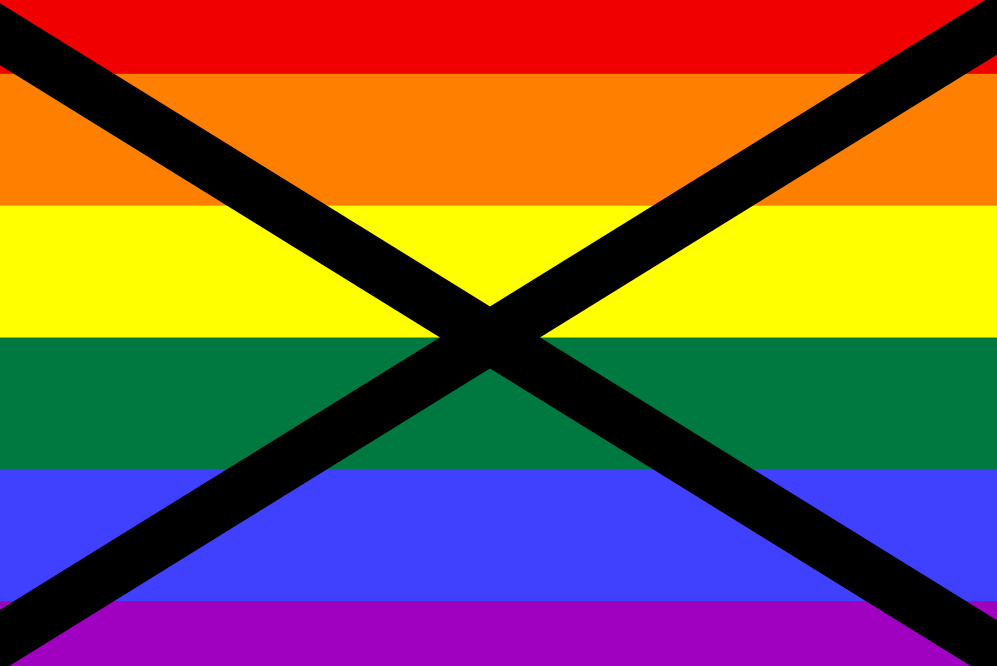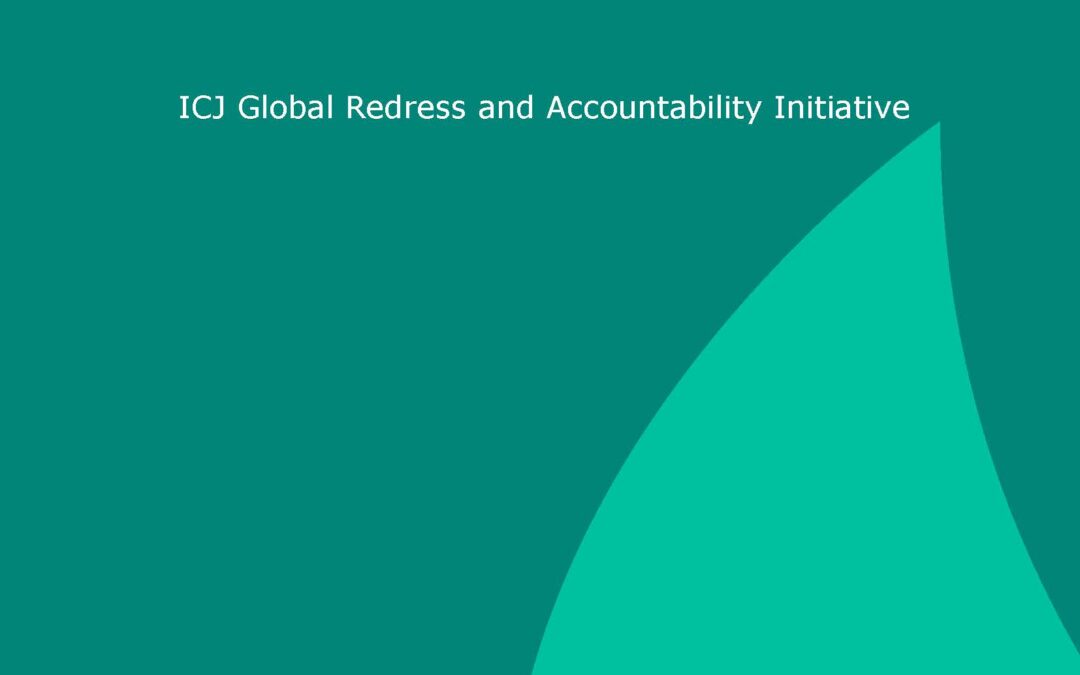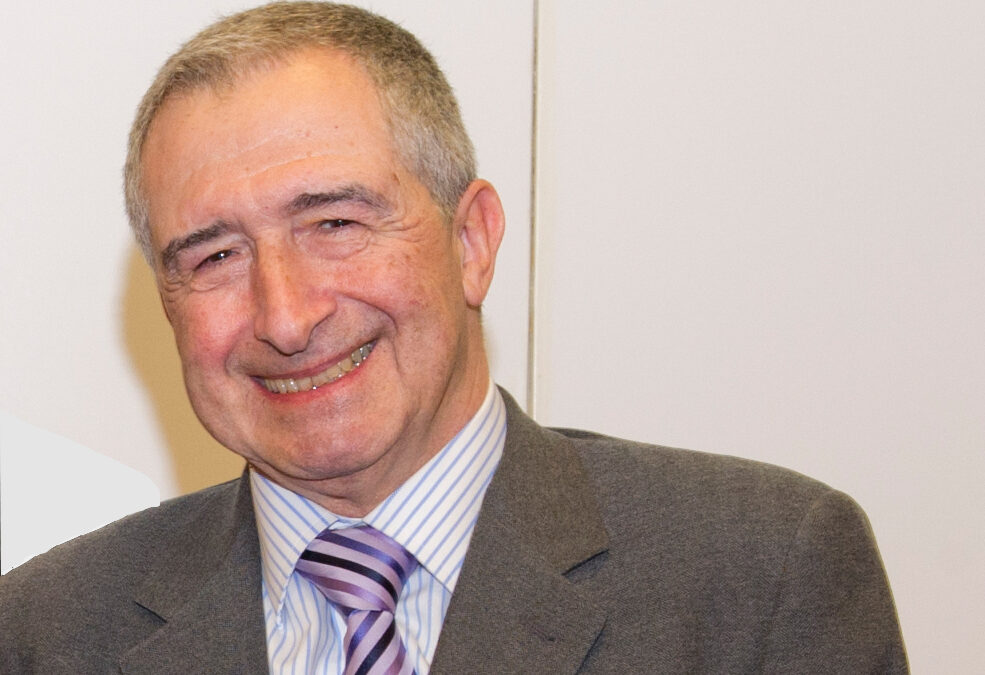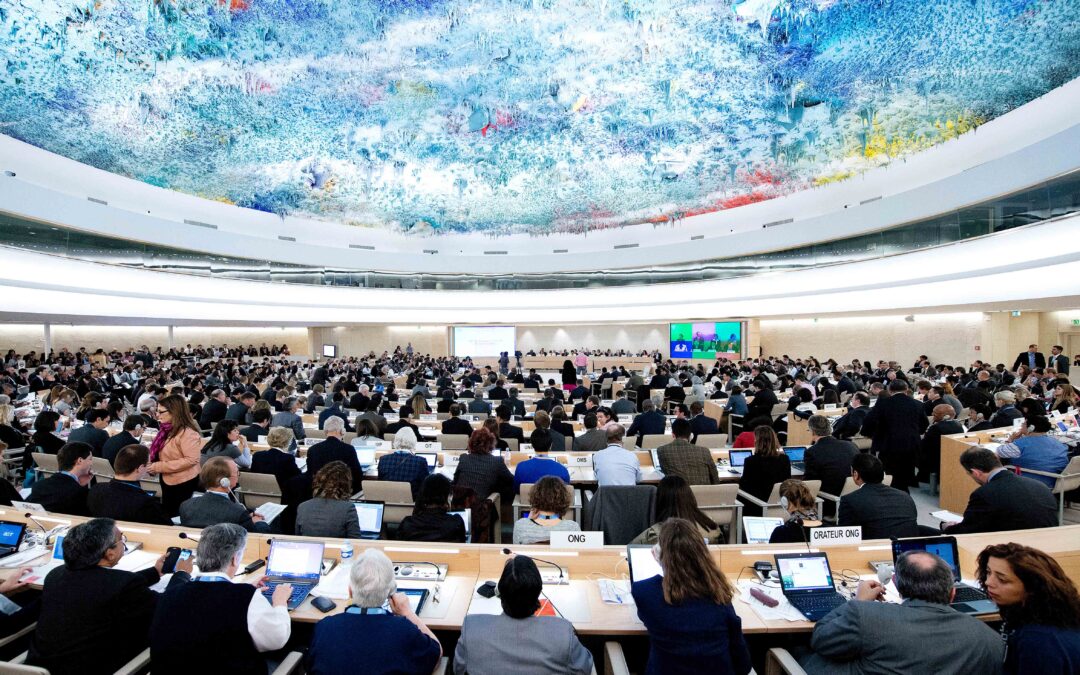
Oct 24, 2017 | Advocacy, Non-legal submissions
Human rights NGOs call for a treaty to cover all business enterprises and not only those of transnational character.
Universal-Oral Statement Business Treaty-Advocacy-Non legal submission-2017-ENG (full statement in PDF)

Oct 24, 2017 | News
Today the ICJ expressed its grave concern at the arrest and arbitrary detention of 13 Tanzanian human rights defenders and lawyers on charges that are incompatible with international legal obligations binding on Tanzania. The ICJ has called for their immediate release.
On 17 October 2017 13 human rights defenders, some of whom are lawyers, were arrested and detained in Tanzania after participating in a legal consultation aimed at considering legal challenges to the Tanzanian government’s ban on drop-in centres serving people at risk of HIV and a ban on the importation of water-based lubricants that are an essential HIV prevention tool.
Those 13 human rights defenders are all affiliated with the Initiative for Strategic Litigation in Southern Africa (ISLA) and Tanzanian organisation Community Health Services and Advocacy (CHESA).
Though they have not been charged, they appear to be under investigation for promoting homosexuality and in terms of section 154 of the Penal Code, which prohibits having ‘carnal knowledge of any person against the order of nature’.
To date 12 of the 13 remain in custody. After initially being granted bail by the Tanzanian police services, their bail was revoked without specified reason on 20 October 2017 and the 13 continue to face the real threat of criminal prosecution.
Instead of releasing the detained on bail, on 24 October the Tanzanian police services approached a Tanzanian court seeking an order granting them permission to perform ‘medical tests’ in the form of ‘forced anal tests’.
The police sought to perform these tests on the nine men who remain in detention. These invasive and demeaning tests appear to have been aimed at obtaining evidence for their criminal prosecution for performing sexual acts with other men.
If carried out non-consensually such exams violate the prohibition against torture and cruel, inhuman or degrading treatment.
The 13 charged under archaic colonial-era criminal laws that prohibit ‘carnal knowledge against the order of nature’, and which criminalize consensual sexual conduct between consenting males a sentence of ‘imprisonment for life and … for a term of not less than thirty years’, in contravention of international standards.
The laws, which are inherently abusive under any circumstance, do not even appear to be in any way applicable the 13 persons who were meeting for purposes of HIV prevention and promoting the right to health and the right to life.
The ICJ is concerned that arrests have been undertaken in contravention of rights protected under the Tanzanian Constitution and international law, including the International Covenant on Civil and Political Rights and the African Charter on Human and Peoples Rights, treaties to which Tanzania is party.
The protected rights include freedom of expression, the right to liberty, including freedom from arbitrary deprivation of liberty and the right to equal protection of the law; and the right to non-discrimination.
If they are carried out, any ‘forced anal tests’ would violate the right to be free from torture and cruel, inhuman or degrading treatment or punishment.
In addition, the ICJ has previously denounced such tests as evidentially and medically worthless.
Tanzanian authorities also appear to be attempting to use this prosecution to clamp down on the activities of civil society organizations.
The registration of CHESA has been suspended in what appears to be an attempt to halt its operations.
This amounts to a violation of the right to freedom of association, which is protected by the Tanzanian Constitution, the African Charter and the International Covenant on Civil and Political Rights.
The ICJ urges the authorities to drop the charges against these 13 human rights defenders. Pending revocation or dismissal of the charges, the 12 remaining detainees should in any event be immediately released.
The ICJ condemns the attempts of the Tanzanian police services to perform forced anal tests on male detainees, which constitute ill-treatment under international law, and urges the authorities to immediately desist from this course of action.
Contact:
Arnold Tsunga, ICJ Director of the Africa Regional Programme, t: +27716405926, e: arnold.tsunga(a)icj.org
Tanzania-Statement illegal detention-News-Web Stories-2017-ENG (full statement with additional information, in PDF)

Oct 18, 2017 | News, Publications, Reports, Thematic reports
Cambodia is “weaponizing” the law and relying on judges and prosecutors who lack independence to silence dissent and dismantle democracy, says the ICJ in a report released today.
The release of the report Achieving Justice for Gross Human Rights Violations in Cambodia follows Monday’s unanimous decision of the National Assembly, attended only by law-makers from the ruling Cambodian People’s Party (CPP), to amend four election laws which would redistribute parliamentary seats held by the opposition Cambodia National Rescue Party (CNRP) to several minor parties in the event of the CNRP’s dissolution.
A Senior Cambodian CPP law-maker, Cheam Yeap, was reported as saying that the amendments were made “especially for the treasonous acts of the president of the CNRP, Kem Sokha, who committed treason in a red-handed crime.”
“These amendments are the latest in a long line of instances where the Government has shamelessly passed or amended laws with the specific purpose of legally harassing perceived opponents or weakening representative democracy within the country,” said Kingsley Abbott, Senior International Legal Adviser at the ICJ’s regional office in Bangkok.
Also of concern is that the Government is increasingly defending its actions by claiming it is merely applying the rule of law.
In a statement released by the Permanent Mission of Cambodia to the United Nations in Geneva on Monday, the Government claimed that “Prosecuting and punishing offenders by legitimate authorities, for the interest of justice, should not be read as a menace to democracy and human rights, but rather as an enforcement of the rules of law…upholding the rules of law means holding perpetrators accountable for their conducts”.
“The ‘rule of law’ is not only about passing and implementing laws, but rather ensuring they are drafted and applied in accordance with international human rights law and without discrimination, including discrimination based on political or other opinion,” added Abbott.
The ICJ’s report, which is being released against the backdrop of a rapidly deteriorating human rights situation, records that the “single largest problem facing the Cambodian justice system is the lack of independent and impartial judges and prosecutors,” which includes “an endemic system of political interference in high-profile cases and an equally entrenched system of corruption in all others”.
Contact
Kingsley Abbott, Senior International Legal Adviser, ICJ Asia Pacific Regional Office, t: +66 94 470 1345, e: kingsley.abbott(a)icj.org
Alex Conte, ICJ Global Redress and Accountability Initiative, t: +41 79 957 2733; e: alex.conte(a)icj.org
Background
On 3 September 2017, the leader of the CNRP, Kem Sokha, was arrested in a raid at his home and taken away by more than 100 policemen.
On 5 September 2017, the Phnom Penh Municipal Court formally charged Kem Sokha under Article 443 of the Cambodian Penal Code for alleged ‘collusion’ with foreign actors to “cause chaos” in Cambodia, otherwise known as treason.
On 6 October 2017, the Ministry of Interior filed a request to the Supreme Court to seek the dissolution of the CNRP pursuant to the Law on Political Parties, which was amended twice in 2017, and allows for the Supreme Court to dissolve political parties in certain circumstances including if one of the leadership is convicted of a crime.
The amendments to the four election laws would also mean that at the district and commune levels, in places where the CPP received the next highest number of votes, vacant seats would be redistributed to the CPP.
Download
Cambodia-GRA Baseline Study-Publications-Reports-Thematic reports-2017-ENG (full report in PDF)
Live Media Event
Watch the media event on the Human rights and democracy crisis in Cambodia live from the Foreign Correspondents’ Club of Thailand in Bangkok on FORUM-ASIA’s Facebook page
It starts at 10.00 Bangkok time (05:00 CET and 03:00 GMT).
Read also
Cambodia and the Rule of Law: UN Statement
Cambodia: UN Human Rights Council urged to address unfolding human rights crisis

Oct 17, 2017 | News
Sir Nigel Rodley, ICJ President, fought tirelessly for human rights in a remarkable career as a jurist spanning more than five decades. You can help the creation of a documentary on his life and achievements.
Human Rights in the Picture, in close collaboration with the Human Rights Centre of Essex University and Docudon Production, hopes to create a documentary on Sir Nigel’s life story and his outstanding achievements to inspire, teach and shape new generations of students and human rights practitioners.
To make this happen, they are asking for help.
Human Rights in the Picture is raising 60.000 euros by crowdfunding in 42 days.
View the teaser of the documentary
For further details, and to make a donation, please see here: www.crowdfundingNigelRodleyfilm.org

Oct 16, 2017 | Advocacy
The ICJ, Amnesty International and Human Rights Watch are urging Pakistan to take immediate steps towards meeting “the highest standards in the promotion and protection of human rights,” following the country’s election to the Human Rights Council.
Today, the UN General Assembly selected 15 states to serve as members of the UN Human Rights Council from January 2018 to December 2020.
From the Asia-Pacific region, Nepal, Qatar, Afghanistan and Pakistan were selected out of five candidates.
To secure the UN Human Rights Council membership, Pakistan pledged its commitment to the promotion and protection of human rights.
However, the pledge failed to address directly many of the most serious human rights issues facing Pakistan, including enforced disappearances, the use of the death penalty, blasphemy laws, the country’s use of military courts, women’s rights including the right to education, and threats to the work of human rights defenders, lawyers and journalists.
According to UN General Assembly Resolution 60/251, “members elected to the Council shall uphold the highest standards in the promotion and protection of human rights.” The Resolution also provides that, “when electing members of the Council, Member States shall take into account the contribution of candidates to the promotion and protection of human rights and their voluntary pledges and commitments made thereto.”
Pakistan’s abuses have been highlighted by various national and international human rights organizations, UN treaty-monitoring bodies, and special procedures of the UN Human Rights Council.
Pakistan has affirmed in its election pledge that it is “firmly resolved to uphold, promote and safeguard universal human rights and fundamental freedoms for all.”
Given the pressing human rights issues in the country, the ICJ, Amnesty International, and Human Rights Watch urge Pakistan to take the necessary action to fulfill these responsibilities.
Contact
Frederick Rawski (Bangkok), ICJ Asia Pacific Regional Director, e: frederick.rawski(a)icj.org
Reema Omer (London), ICJ International Legal Adviser, South Asia t: +447889565691; e: reema.omer(a)icj.org
Download
The full statement with additional information: Pakistan-ElectiontoHRC-Advocacy-2017-ENG (in PDF)









